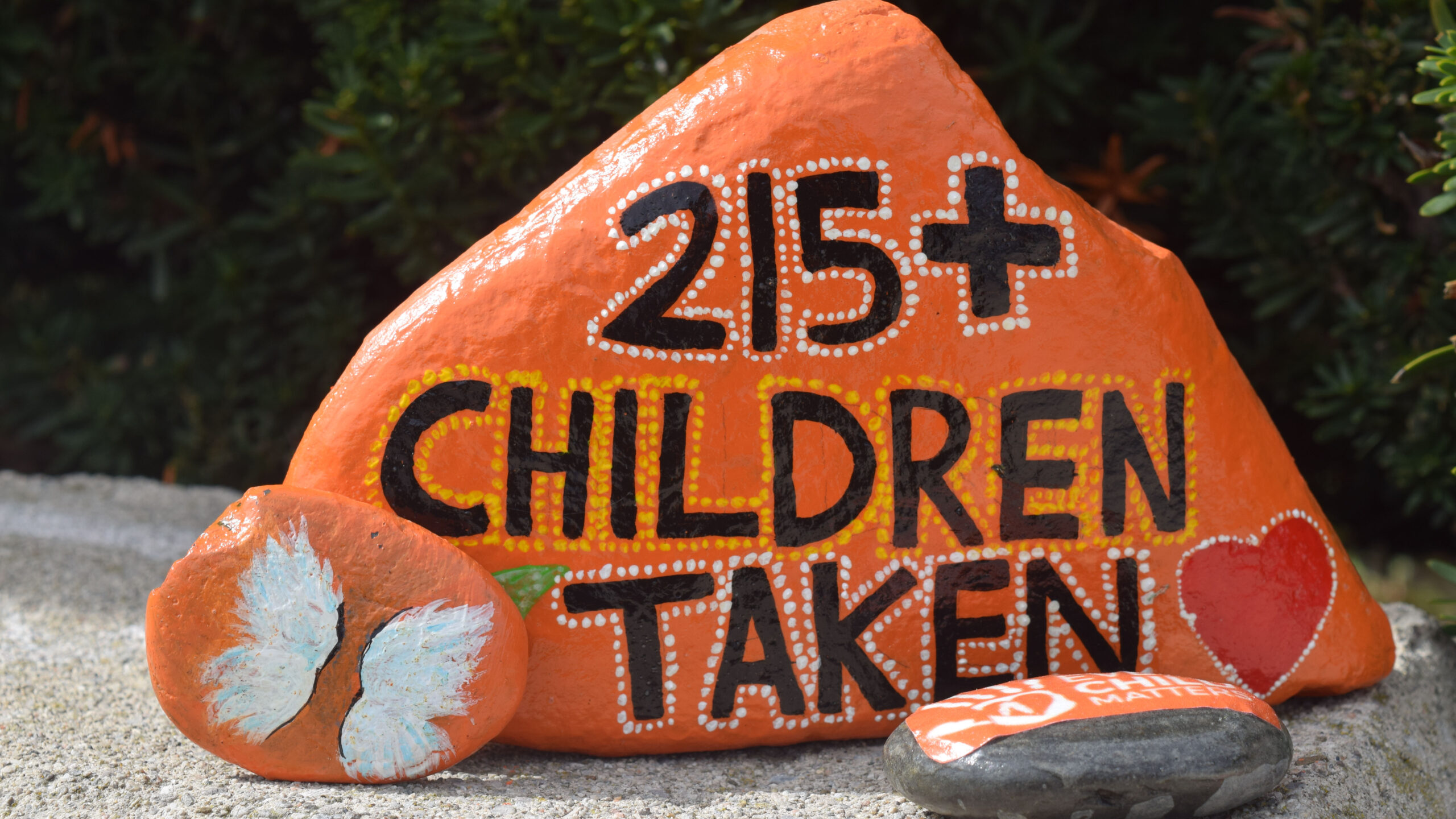Six years ago, 94 calls to action were laid out to the federal government by the Truth and Reconciliation Commission.
One of them became reality on Sept. 30, 2021.
“We call upon the federal government, in collaboration with Aboriginal peoples, to establish, as a statutory holiday, a National Day for Truth and Reconciliation to honour Survivors, their families, and communities, and ensure that public commemoration of the history and legacy of residential schools remains a vital component of the reconciliation process.”
This day for Truth and Reconciliation is a step in the right direction for Canada — if it is observed appropriately.
On this day we must do more than wear an orange shirt.
As settlers, we must be responsible for researching and educating ourselves on why we wear orange. We must understand why this day is an important and necessary holiday.
Our education system has failed us. From a young age, we were taught that Indigenous studies were side courses we could take for extra credit as if they were secondary to the history of European settlers.
After years of misinformation and miseducation, we must make up for the lost time. There is so much to be done to achieve reconciliation. It may seem a daunting task but we must start somewhere, and accepting and understanding harsh truths is the first step towards reconciliation.
Indigenous people have been telling their stories for years. We just weren’t listening. The National Day for Truth and Reconciliation is a day for them to mourn, while we take on the responsibility of lifting up their voices, and acknowledging on their intergenerational traumas.
An estimated 150,000 children were sent to residential schools where they endured unthinkable mental, physical, and sexual abuse. Thousands of children did not return home.
Over the past few months, hundreds of children’s bodies were found on the grounds surrounding residential schools. These children were unjustly taken away from their homes, in an attempt to assimilate them to European culture.
Many settlers say these events only happened in the past and we shouldn’t be held accountable for these actions. The last residential school closed in 1996. That was only 25 years ago.
And to this day, First Nations peoples are still mistreated in Canada. Many northern Indigenous communities still do not have clean drinking water. More than half of children in foster care — or just less than 15,000 — in Canada are Indigenous, although they only make up 17 per cent of the population.
We can not take back these heinous acts. But we can educate ourselves on how to move forward.
We can read books by Indigenous authors, and support Indigenous musicians and artists. We can acknowledge the land we reside on rightfully belongs to First Nations people. We can learn about their languages, and how to properly pronounce names and locations.
We can research the 94 calls to action presented six years ago by the council for Truth and Reconciliation. Most of these have not been met. We can read The Final Report of the National Inquiry into Missing and Murdered Indigenous Women and Girls.
And, perhaps most importantly, we can create safe spaces for Indigenous people to heal, and share their stories if they desire.
Without accepting harsh truths, there can be no reconciliation.

